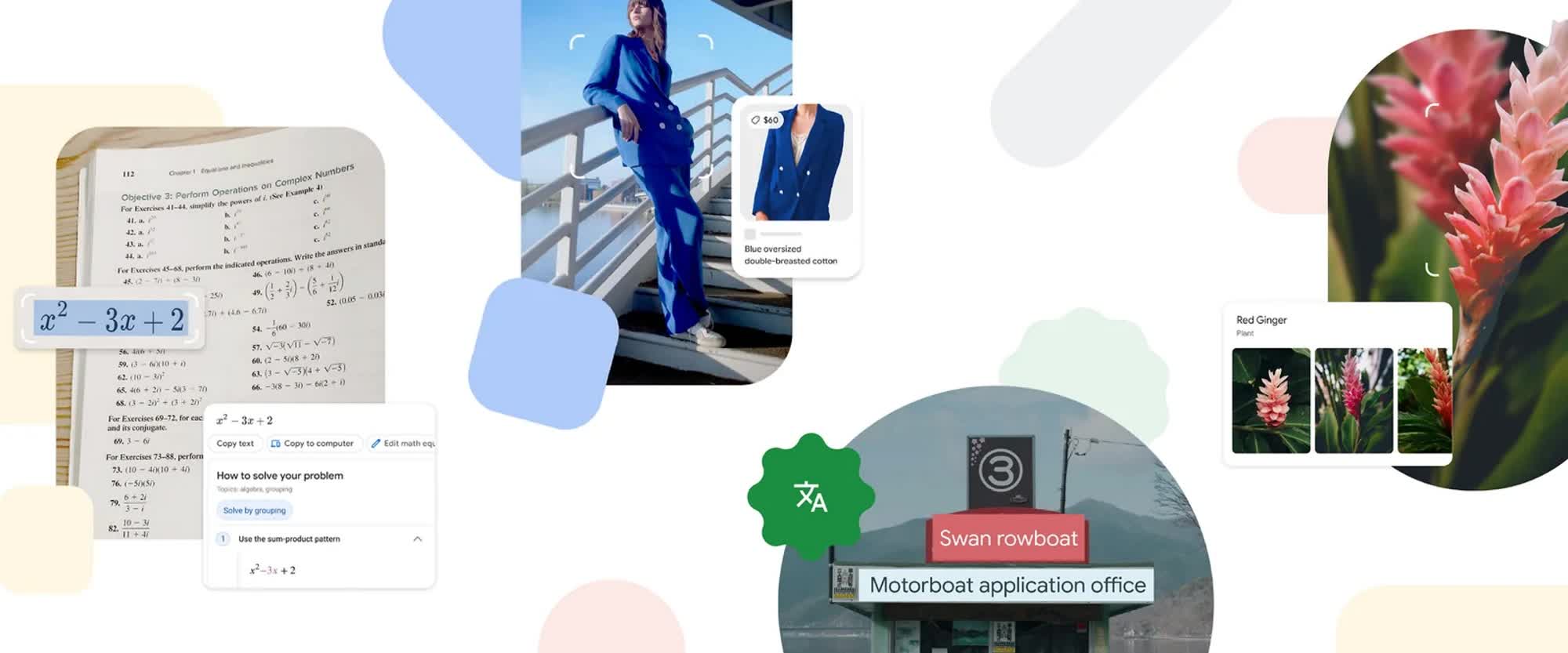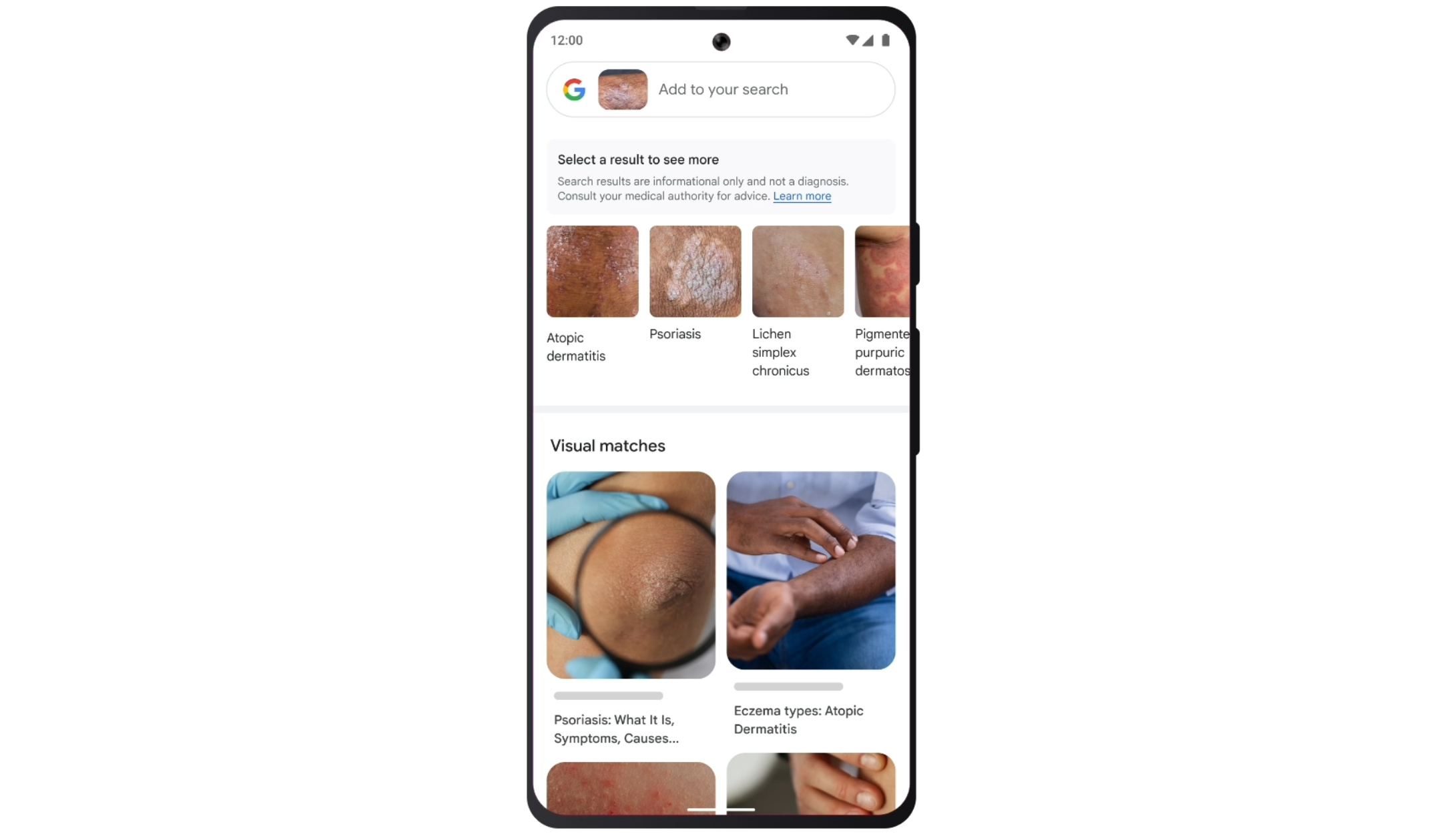Editor's take: In the neverending game of spreading fake news and disinformation, generative AI has emerged as a massive business opportunity for unethical tech companies. And Google wants to be absolutely the best. Lens, the company's image-based search tool, is now introducing new features that will make a lot of hypochondriac and gullible users very happy.
Bard is the generative AI that Google employees described as a lying, useless and cringe-worthy service, so Mountain View is putting even more Bard and machine learning algorithms everywhere. Lens, the visual search tool born as a standalone app and now available as a feature in Google's main mobile app, has seemingly been improved with more "intelligent" features, more AI-based algorithms, and of course, more Bard.
In a recent blog post, Google highlights how users enjoy taking the Lens visual search feature for a spin: every month, the advertising corporation says, Lens provides more than 12 billion visual searches for the aforementioned users. To further increase Lens appeal, Google is now introducing new features which are heavily based on AI algorithms.
One of the most interesting (and dangerous) improvements for Lens is its new ability to search for skin conditions. After all, Google suggests, describing "an odd mole or rash on your skin" can be difficult with words alone. Lens can do that much better thanks to its image recognition capabilities, providing users results with similar skin conditions and potentially suggesting a diagnosis with no need to see a doctor.
Google is well aware of the fact that "AI" is just a dumb computer program and can provide unreliable information, so Lens is quick to highlight how search results are "informational only" and not a diagnosis.
A proper "medical authority" (i.e., a doctor with a bit of human intelligence) must be consulted for further advice, or maybe to understand if something that Lens says could be a melanoma (a dangerous type of skin cancer) really needs further medical attention, or it's just one of those unfortunate "false positives" of this new, exciting AI-generated world.
Furthermore, Lens is "unleashing" users' "creativity" thanks to a closer integration with Bard's AI. As previewed during the latest I/O conference, Bard will soon be able to work with images, too, invoking Lens in the background to "make sense" of images or photos included in users' prompts. The AI could provide information about a model of shoes we've seen during a vacation, Google says, or even suggest a new summer look.
Other advanced features available or coming to Lens include the ability to learn new things about landmark points during travel, real-time translation of street signs, menus and "more" in over 100 languages, getting step-by-step help with students' homework (math, history, science, etc.), shopping for interesting products, discovering what kind of "delicious food" is on sale near our location even if we don't know what it's actually named.

